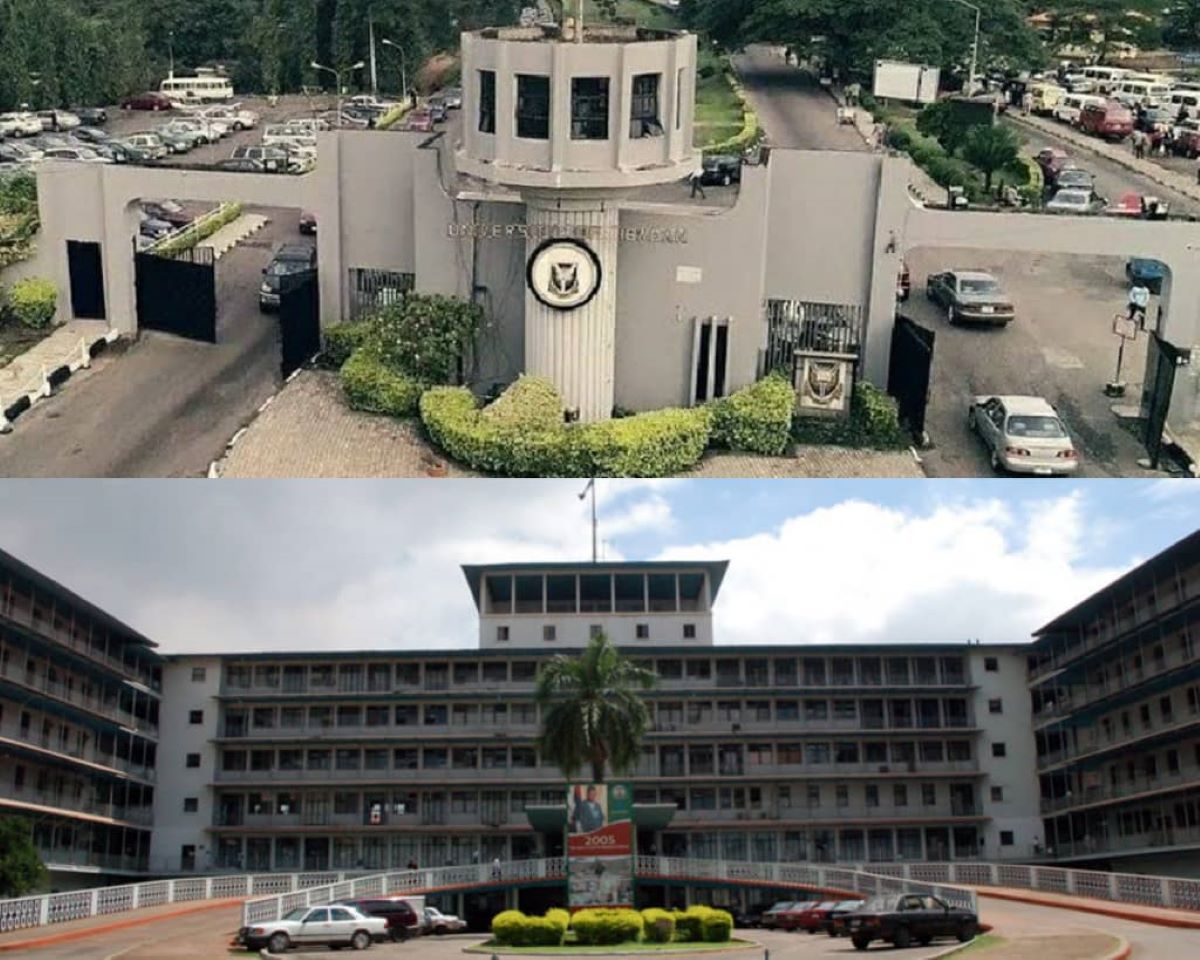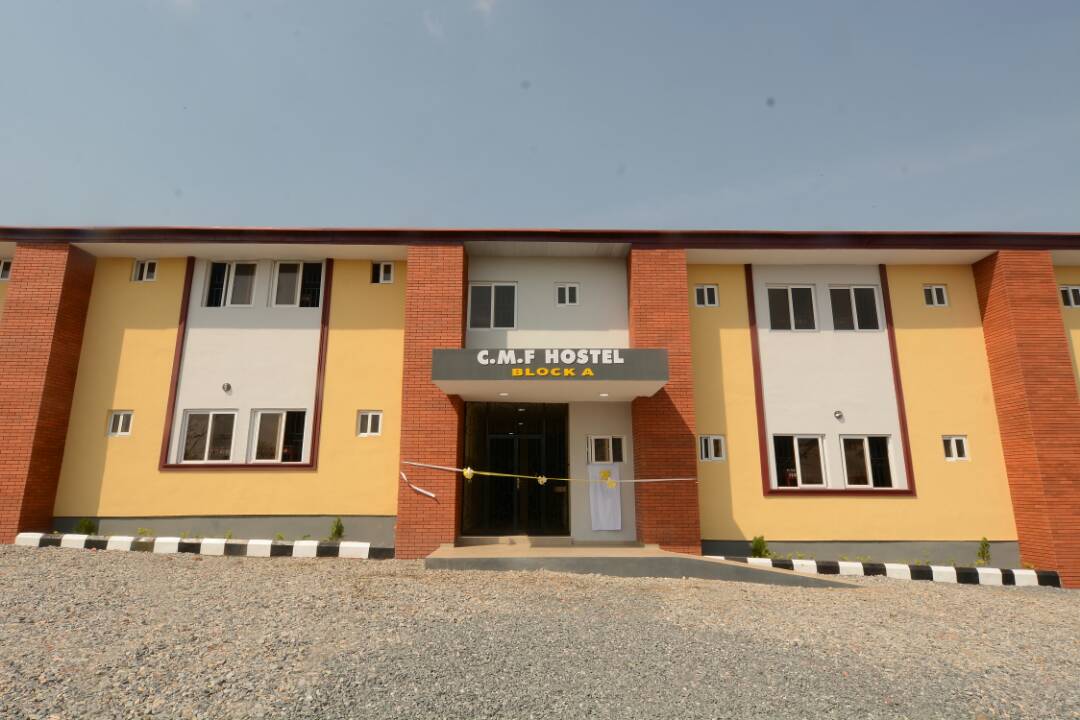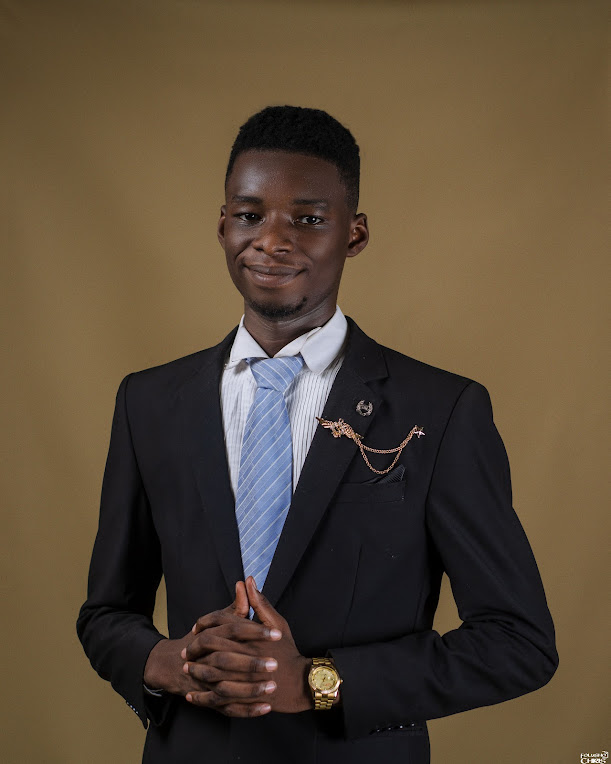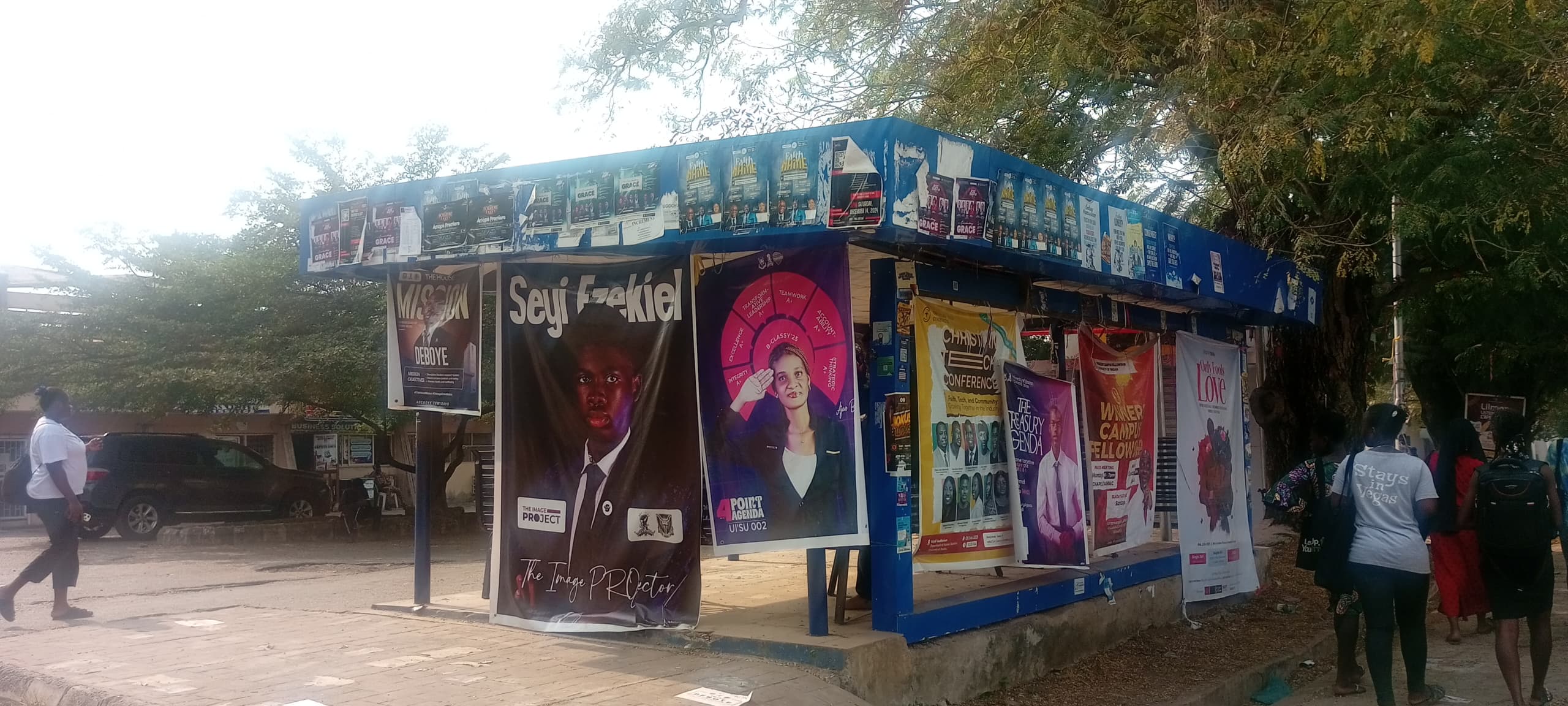Stumbling in The Dark: Life in ABH One Month After Promised Change
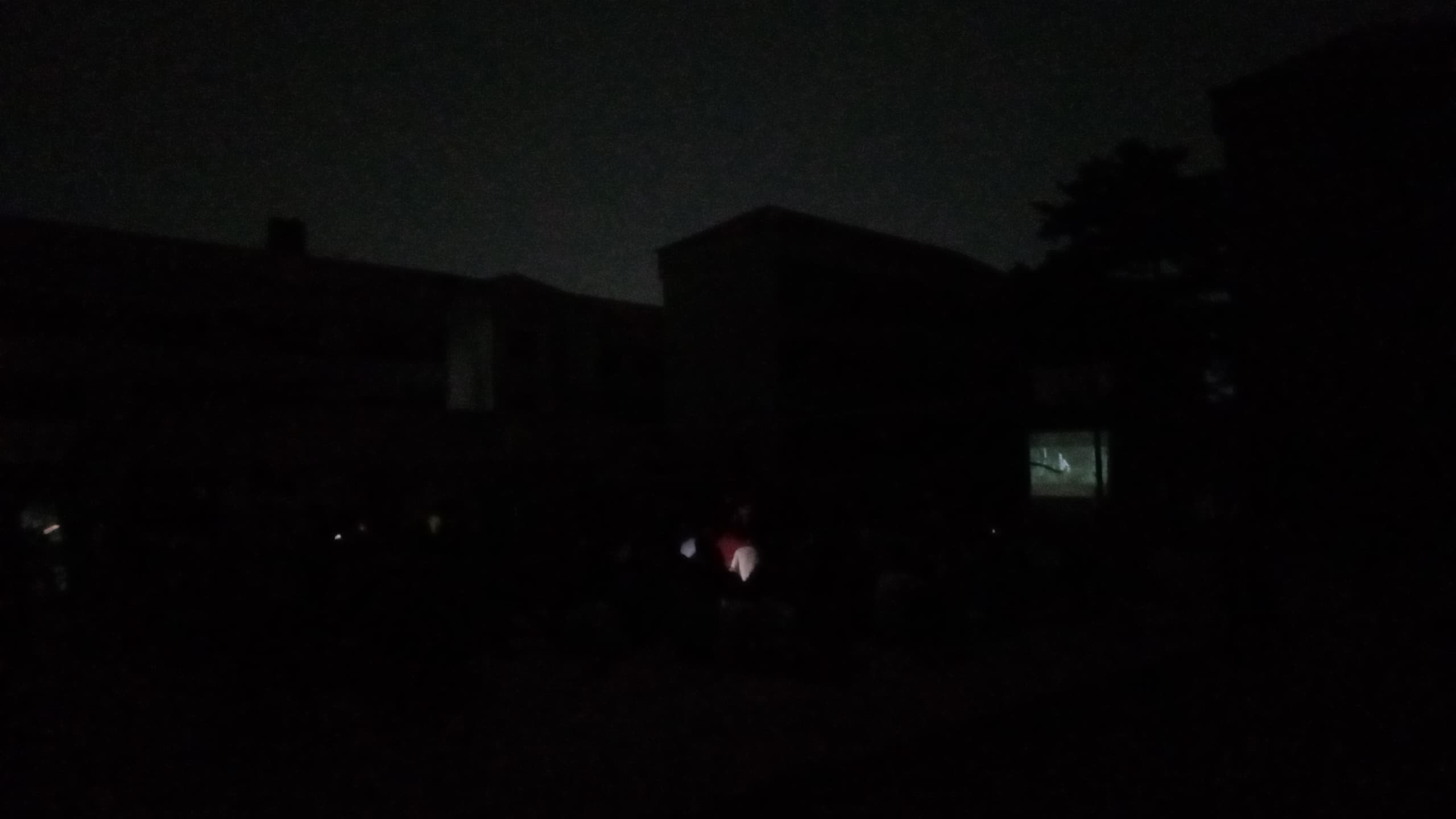
A month has passed since the students of Alexander Brown Hall (ABH) staged their boycott, demanding accountability and a lasting solution to the — at the time — 19-day blackout that plunged them into despair. Resolutions were made, promises exchanged, and for a brief moment, the lights flickered back to life. But for many students, the initial euphoria of resolution has dissipated, replaced by a gnawing sense of betrayal and helplessness.
This is not the story of triumph; it is the continuation of a saga that has left scars on a community desperate for light—not just the literal illumination of bulbs but the metaphorical light of hope, trust, and change. Through candid reflections from students, the second part of this feature delves into their unrelenting struggles, the cracks in promised solutions, and the disillusionment that festers a month after the resolutions.
Flickering Hopes, Enduring Darkness
“I hate this place. I hate it so much,” Gold*, a 400-level medical student, begins, her voice heavy with frustration. “I’m not one with many regrets, but coming to this school is one of my biggest regrets.” Her words cut sharply, speaking to a sentiment that has become all too common among residents of ABH. While the initial promises made by the college management brought fleeting optimism, the current reality starkly contrasts with the assurances given.
The light situation, rather than being resolved, has deteriorated further. “At first, it was 23 days,” Timi, a 500-level medical student, recounts, piecing together the timeline of the crisis. “Then 10 days of respite… We’re now on day 15.” (It’s Day 18 as of the time of publication). His calculations are chilling: “Fifty-five days of darkness in a year. That’s 15% of the year. And this doesn’t include the numerous two-day and week-long outages.”
For Gold, the crisis is not just an inconvenience; it is a profound betrayal of the institution’s reputation. “It’s insane that in 2024, the supposedly best hospital in Nigeria does not have light,” she exclaims. Her disbelief is tinged with sadness as she recounts the ripple effects of the blackout on her education and personal life. “Every day, I wake up with regret and a reminder of all the toil I made to come here.”
As it stands, the generator which previously came on for three hours a day, has been non-functional since Friday. In a message to Brownites on Thursday, 12th December, 2024, the Executives revealed that diesel for the generator had been exhausted since Monday, the 9th. They added that, “This is despite numerous and ongoing efforts to secure additional funding for the running of the diesel generator. As it stands, the running of the gen is uncertain for the coming days, and brownites are encouraged to explore alternative options”. The Hall is set to be closed for fumigation from the 21st December 2024 to January 3rd, 2024, however, this appears to only be a break from a nightmare of epic proportions.
Donations as a Dangerous Precedent
One of the so-called solutions reached during the initial boycott was to fund generator diesel through donations and funding from the college management—a decision that has sparked heated debates. “It sets a very, very dangerous precedent,” Uche*, a 500-level medical student, warns. “Pay for diesel now, and you’ll keep paying till 2028.” For many students, this approach represents a band-aid solution, one that does little to address the systemic issues at the root of the problem.
Pelumi, a 400-level student, offers a sobering perspective. “All of us are the problem,” he admits. “The people who agreed to the unrealistic proposal, the people who made those who raised concerns about it look like enemies of progress… all of us, problem.” His words reflect the internal conflicts brewing within the student body—a mixture of frustration, resignation, and blame. Admittedly, students can not be blamed for the state of affairs of the Hall. However, his view is that, they [residents] get to decide how they react to these challenges.
And as the physical and emotional toll of the blackout continues to mount, so does the student’s distrust in the management. “We’re medical students, yet we don’t even have light to study. How do they expect us to cope?” Gold states bluntly, her voice tinged with bitterness. The promises made during town hall meetings have largely gone unfulfilled, leaving students grappling with the same challenges that once drove them to boycott.
The impact extends beyond academics. Students recount the indignities they continue to face—fetching water from construction sites, enduring sleepless nights plagued by heat and mosquitoes, and navigating a campus that feels more like a battlefield than a haven for learning. “Even my friend in Benue State University has better conditions,” Gold laments. “And they think I’m lying when I tell them about this place.”
Aluta for Survival
Survival, for ABH students, has become an art form. Makeshift solutions, born out of desperation, have become the norm. Students continue to rely on external sources for charging devices, fetching water, and maintaining a semblance of normalcy. But these efforts come at a cost—financial, physical, and emotional.
“Every day, I wake up and think about leaving this place,” Gold confesses. “The only thing I’ll take from here are the people I met, nothing more.” Her words echo the sentiments of many who feel trapped in a system that seems indifferent to their struggles.
For many students, the blackout has transformed their lives into a cycle of relentless compromise and fatigue. Remi*, a 500-level medical student, offers a glimpse into his daily routine. “I go to a workstation on days when I don’t have school because it’s difficult to find light anywhere in UCH without conditions—you don’t enjoy your seat, you cannot overstay your welcome, and they tell us it’s not open for students. It’s crazy how my life has somewhat adjusted to it,” he reflects.
The adjustment, however, has come at a steep price. “I’m spending a huge ton of money because I cannot pay for a workstation’s weekly or monthly plan, as no one knows when I’d be able to go or not,” Remi continues. “I’m spending a lot of energy transporting myself, and by the end of the day, I’m dog-tired.” The physical and financial toll is compounded by the psychological strain of constantly searching for light in an institution that should provide it as a basic amenity.
Remi’s frustration echoes that of his peers: “I honestly hope that something will be done about this, especially because of how exhausting and mind-numbing the whole issue is—figuring out light in big 2024.” His words underscore the collective exhaustion of a student body that has had to endure far more than the typical academic stress of medical training.
Amid the despair, students continue to voice their demands for lasting change. Solar power, increased transparency, and better financial oversight remain at the forefront of their proposed solutions. Many students seem to think that if the school is so crippled by debt then they should set up solar panels in the hostels, as is being done in various parts of the hospital. Interestingly enough, the aforementioned solar power to the Hall was one of the promises outlined in the manifesto of the current Provost. Little wonder why students anticipate the fulfillment of this promise at a time like this.
For some students, the only viable solution is a temporary shutdown of operations until the administration can restore basic amenities. “Let’s go home till the management is ready to do the needful,” is a regular sentiment on the residents WhatsApp group ‘We are Brownites.’
The sense of solidarity among students has become a source of strength, even as they navigate the harsh realities of their situation. Through town hall meetings and collective action, they can continue to push for resolutions that address both immediate needs and long-term sustainability.
When all else fails, entertainment offers an escape. Even in the dark, members of the Hall seek out the TV Room to watch football matches when fuel is available. The volleyball/basketball court also plays host to sports men and women, sweating out what’s left of the day’s pain. Most recently, in an attempt to seek a brief moment of reprieve, the office of the Social And Buttery ministry of ABH held a movie night on Friday, the 13th of December. This appeared to provide moments of laughter to the gloomy faces of the residents of the now ‘dark hall’.
A Glimmer of Hope
As ABH enters its second month of turmoil, the road ahead remains uncertain. The students’ demands for transparency, accountability, and sustainable solutions have yet to be met, but their resolve remains unshaken. For many, the crisis has become a catalyst for reflection, a stark reminder of the systemic failures that plague not just their institution but the broader society.
For Gold, the struggle is personal. “Every day, I question why I came here,” she admits. “But I also know that leaving isn’t the answer. We have to fight for change—not just for ourselves but for those who will come after us.”
In the darkness of ABH, the students’ voices continue to shine as a beacon of hope. Their resilience, resourcefulness, and unyielding demand for accountability signal a brighter, more equitable future. The lights may still flicker, but the spirit of a united community burns brightly, illuminating a path forward. The shadows linger, but so does the hope for resolution. ABH’s story is far from over.
*- Names have been changed to protect the identities of respondents.
Moboluwarin Ogunleye
